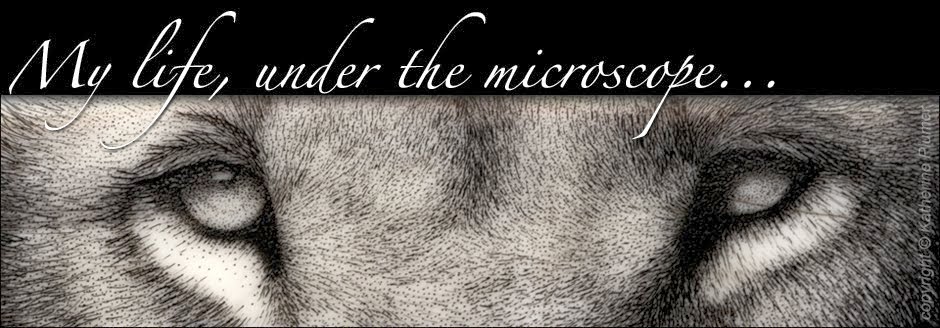You can kick me and call me bad names later for being so utterly sucky about updating my blog, but I'm going to ask for your urgent help again.
On February 11, 2014, the White House and the US Fish and Wildlife Service announced the National Strategy for Combating Wildlife Trafficking & Commercial Ban on Trade in Elephant Ivory. This will criminalize the domestic ivory trade and made it all but impossible to do anything involving ivory.
In other words, it'll put me out of a job (or make me a criminal). And, for reasons I'll explain or better yet post links to, it won't help elephants at all.
The Advisory Council is meeting on March 20, 2014 in Washington, D.C. People may submit written comments about the ban by Monday March 17th. PLEASE email your comments to the council so as to create a record of the devastating impact the ban will have. The record is now filled with information and misinformation from people who want to see the domestic ivory trade killed. We really need to get our comments in there by the deadline. If large numbers of people write in, they will take note.
There is an EXCELLENT form letter
HERE. Insert your name and the date and fill in the bit the says what your interest is in ivory ("I collect knives." "I don't want to see my engraver friend lose her job." etc). Email that to the address shown on the page by Monday the 17th. Add whatever other info you want, cut and paste at will. Or write your own letter! Just make sure to get your comments in to cade_london@fws.gov by Monday the 17th.
There is an EXCELLENT article
HERE. Please share this with your friends, pass it along, send links, read it. This is all written by Robert Mitchell. His wife Tira is an engraver. They are good people and I am grateful to him for the research that he's done, and for posting all this information.
Email your congressperson and senators. You can use that same letter. Need help finding them?
CONGRESS.
SENATORS. You may find that some senator websites only allow a 5000 character submission. The form letter is significantly longer than that. I did some editing, reducing the verbiage, abbreviating, and taking out some of the information. If you need a less-than-5000-character letter, use the one below. Just keep the "about you" section to a few sentences and it should work.
PLEASE do this. I don't think many of you would come visit me in jail and I'd really like to keep doing what I love. Thank you...
-K
ps- I had to disable anonymous commenting on this blog, I was getting spammed up the wazoo.
-----
Dear [Insert Congressperson or Senator's name],
I support the goal of stopping the poaching of elephants in Africa, Asia, or anywhere else in the world. Because of the important artistic, historical and economic value of ivory, I am also in favor of preserving the trade of domestic ivory in the US. I want to provide the Advisory Council with information and ideas to accomplish both goals.
[Say something about yourself and your interest in ivory]
The US is not contributing to elephant poaching in any meaningful way because the current laws are working. When the 1989 ban on exporting/importing African ivory went into place, it allowed the domestic trade of ivory that was already in the US (“pre-ban ivory”) to continue. There are a variety of sources for raw ivory including a few dealers who carry documented pre-ban ivory, museums with excess stock, estate sales of collectors, and a small amount from people who legally hunt elephants on safari with government permission from stable populations and who fund conservation efforts in African countries. The US has successfully isolated its domestic market from illegal poaching.
There are over 3000 small businesses in the US that use, embellish, repair, or provide services involving ivory. These will all be penalized by denying them materials for their trade or products that they rely upon and have nothing to do with elephant poaching in Africa. Artisans and craftspeople who have dedicated their lives to ivory carving and engraving will become obsolete or criminals, losing their livelihoods. And that is just on the business side.
On the consumer side, millions of people who own items that contain ivory will be severely limited with what they can do with it. All of these items made from ivory taken from elephants that died decades if not generations ago will drop out of the legal stream of commerce without preventing a single elephant from dying in Africa.
Instead of antagonizing law abiding citizens engaged in trade in the US, the government should focus on border enforcement and affecting demand in China. To the extent the government believes poaching is an international crisis as stated in Executive Order 13648, then the now well-known NSA data monitoring efforts should be shared with foreign governments to intercept trade routes, capture poachers, and condemn Asian traders who unscrupulously deal in poached ivory. Those are far more direct and effective ways of affecting illicit Chinese trade and saving elephants’ lives.
One last thought: Dr. Daniel Stiles, a world renowned expert on African elephants and a prominent member of conservation organization, has recently concluded that the initiatives under consideration in the US will dramatically increase elephant poaching instead of decreasing it. Crushing the domestic market in the US will make the legal supply of ivory disappear. As ivory becomes rarer, prices will increase, giving poachers an even greater incentive to kill elephants for their valuable tusks. It would be catastrophic to destroy the lives of innocent artisans, ruin the finances of legitimate businesses, deprive people of lifelong collections, and in the process reward poachers for slaughtering elephants.
Very truly yours,
[your name]
-----
